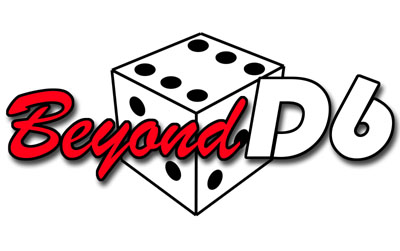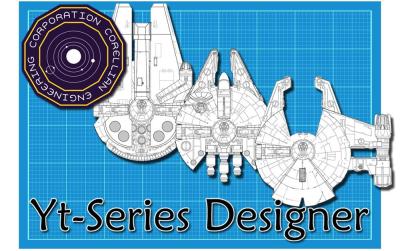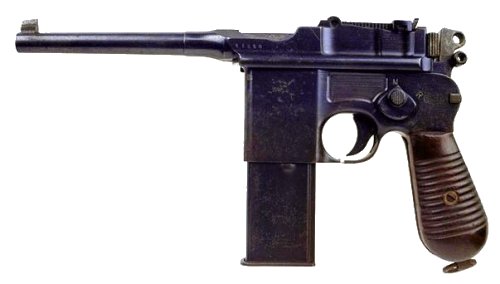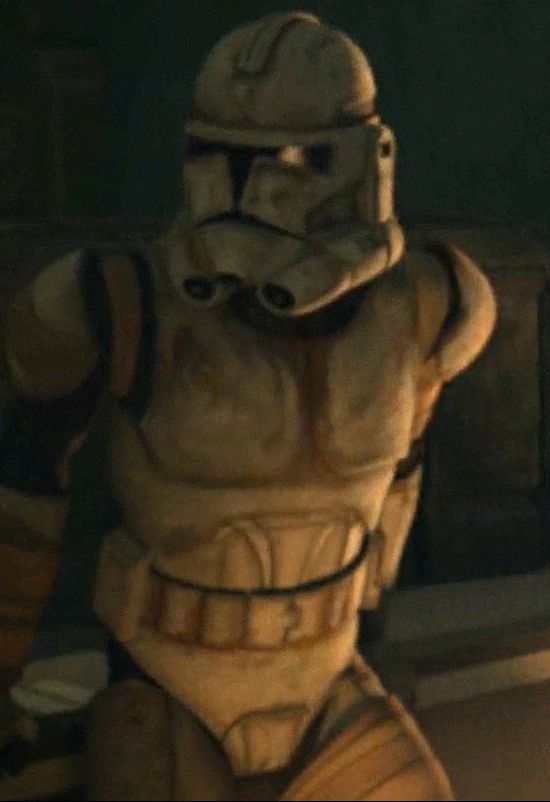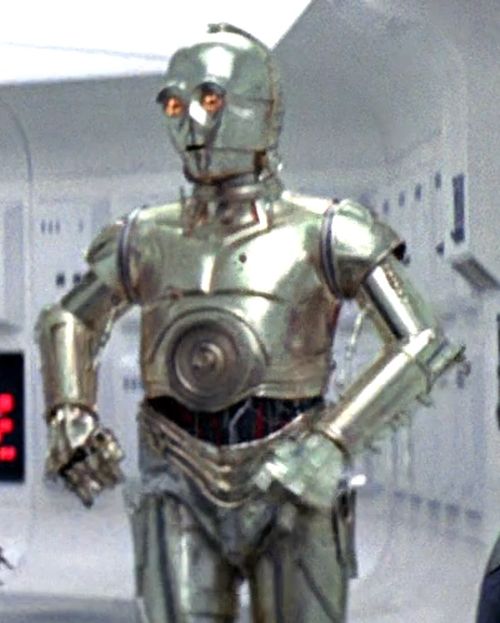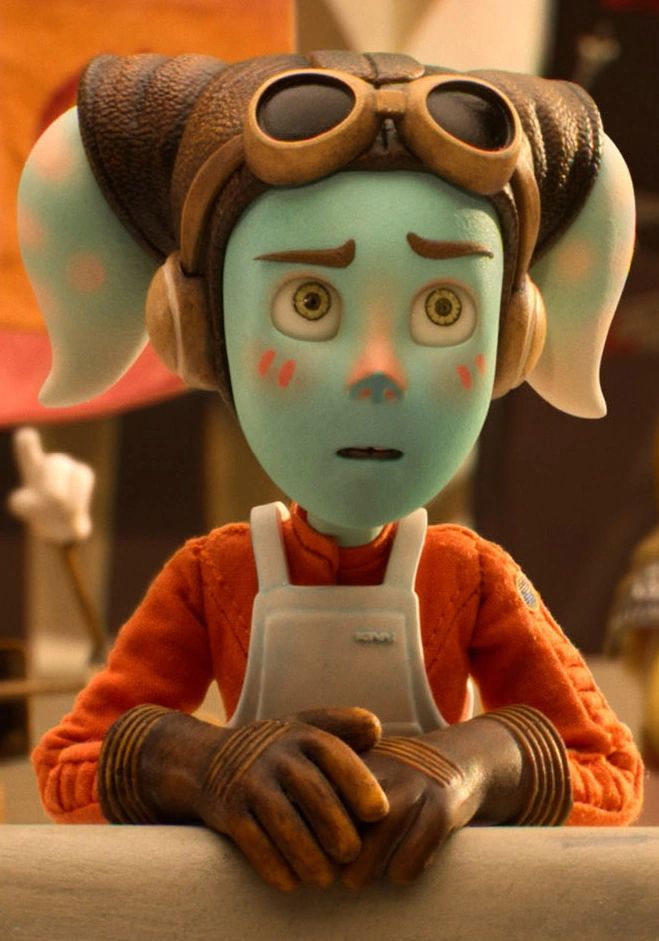| Site Stats: |
|
10998 Stats in 31 Categories |
| Search Stats: | |
|
| Latest Youtube Video: |
| Social Media: |
| Other Pages within RPGGamer.org: | |||
Group Charter

General Information
These guidelines are to improve the game, by putting boundaries on bad gamesmanship. They are impartial, which (like the rules of individual games) helps to avoid any perception that any player is being picked on - they apply to everyone equally.
Rule Zero
The GamesMaster is always right
Gaming Etiquette
Roleplaying games are not intended to put players and GamesMaster in opposition, so all participants must take their own responsibility in making and keeping the game as an enjoyable and hopefully fun activity.
Absence
If a player is absent from a session, the GM will "write the PC out" of that portion of the storyline if possible. Failing this, the PC goes on "minimum autopilot" and accompanies the other PCs, doing little but taking sensible protective measures (under the GMs control). The character gains no experience award for that session since they have taken minimal involvement. As an option, a player can nominate another player ahead of time as a "caretaker" for his PC (either as a one-off or a long-term arrangement), assuming of course that player agrees. In this case, the PC of the absent player will get experience awards for taking part, and for any goals achieved - the caretaker player will be given any awards for ideas and roleplaying no matter which character he was using to gain these awards. In any case, the GM must be notified of the arrangement in advance.
The Five Minute Rule
If a player wanders away from the table for more than five minutes or during any time when his absence will stop the game from continuing, his PC will not take actions, even in combat (he will just have to take his chances). However the player can nominate another to control his character while he is away from the table.
Bad Gamesmanship
This includes repeatedly interrupting the GM, whining, tantrums, and other disruptive/anti-social behaviour. Usually, the GM will warn the player to when it's become annoying, but no more than once per session. Continuing beyond this point WILL result in experience penalties. However this rule is not intended to stop debate on rules calls etc or to give GamesMasters the ability to stop all discussion, so players can call a "time out" if they wish to stop the game for a discussion on the rules or perhaps a rule clarification, however the "time out" ends when decided by the GamesMaster, otherwise the time out could be as disruptive to the game as the interuptions it is trying to avoid.
Grudges from outside the game, or from other games should not be carried across, penalties for poor roleplaying will be incurred for doing this.
Dice Rolling
Dice that go off the book/paper pad are still counted if they come up level. However, dice that go off the table completely are re-rolled, even if they do come up level.
All dice rolls must be available to be witnessed by the GamesMaster or another player, any rolls which get scooped up, knocked over, or otherwise interfered with without being witnessed must be re-rolled, both in game time and during out of game character generation or modification (eg rolls for Hit Points as a character progresses in levels).
When rolling 2 D/10's for a percentile number, if the dice are not marked as percentile dice, then the tens must be declared BEFORE the dice are rolled.
Players may pre-roll dice in combat to speed up the flow of the game, but if they must declare BEFORE rolling if they are trying anything other than a straightforward attack with their current weapon (at their current number of attacks per round, if applicable to the game system). Outside of combat, the player must declare his action to the GM before rolling for it.
Out of Character (OOC) talk
The game table is a social place, and conversation will inevitably drift onto non-game related subjects. Usually, there is no problem with this. However problems can arise in role-playing scenes with NPCs when players make OOC remarks in a way that implies they're said In Character (IC), or say things IC and then want to take them back. As a general rule, players must make rolls against Charisma or social skills to take back a remark in a case where he should have known better - failures mean that the character said what the player said.
Cheating
To help avoid cheating a "Penalty Point system" has been created, each time a character is caught with more experience points (or other characteristics) than he should, the GM reduces the character to the levels they should be at (the exact skills lost are at the GM's option). If this happens twice in rapid succession (or a single instance is particularly extreme), the player gets a Penalty Point. At one PP, the PC is penalised to the tune of roughly one adventure's worth of experience (in addition to reduction to the proper XP total, of course). At the second PP, the player must create a new character, at half the XP of the old one. At three, the player is out of the game.
Players should not cheat (since it renders the games essentially pointless), and they should report those that do, with as much evidence as possible, GM's will regularly collect Character Sheets, to allow auditing of suspected cheating to take place whenever neccessary.
Players should not read the GamesMasters notes/adventures, or his notes to or from other players (this also destroys the point of the game), penalties for this can be loss of experience for the session or entire adventure as the GM sees fit.
Player creations (classes, races, etc.)
Only 3 submissions on any one topic are allowed. IT IS THE PLAYER'S JOB TO BALANCE IT, NOT THE GM'S - if the submission is far too powerful, it will be handed straight back, but if it is unsuitable in any other way, advice will be given. After the third one is rejected, the matter is closed to the player PERMANENTLY.
Player Knowledge vs. Character Knowledge
Players are expected to try to play their characters without the knowledge that they, the players, possess. While even the best roleplayers can find this difficult, players that don't at make any effort at all may be penalised experience points, or even (only in extreme cases) have their choices for their PCs overruled by the GM.
On the other hand, the PCs may well be in possession of knowledge that the player doesn't have (typically of the gameworld itself), and the player is entitled to be given that information by the GM as the situation arises. If it isn't a case of common knowledge, an Intelligence check or appropriate skill roll may be required. This may also apply in cases where the players have forgotten an important piece of information revealed in an adventure (at the GMs discretion, who may not allow this if the players have made no efforts to take notes).
To make knowledge skills more prized, the information revealed by the skill will (assuming the information is brief enough to be written quickly) be passed to the player on a note. This allows the player the opportunity to inform the other players himself (and withhold or misrepresent the information if he wants).
Replacing PCs
When a new PC is generated for any reason, the replacement typically has around 80% of the XP total of that player's last PC. If the replacement was due to the heroic death of the last PC or retirement for in-character reasons, the XP may be 90%, or even 100% in exceptional cases. A new player's PC will have around 90% of the party average XP. These rules encourage players to stick with a character (and take care with their lives), but also reward role-playing and heroism. Also the GM may waive this rule if given valid reasons for the characters retirement.
The GamesMasters Responsibilities
PCs may die, but they shouldn't ever be forced by the GM into hazards that that are impossible (or very unlikely) for them to survive. The PCs should always have a fair chance to avoid death, unless the characters death is an essential part of the adventure or story, and will be reversed as part of that story.
There will probably be NPCs in the gameworld who are vastly more powerful than the PCs, the GM must not use them to push the players around unless it is essential to the structure of the plot or gameworld. Likewise players should be aware that if they use high powered characters to push weak NPC's around, then the GM may decide to push back.
The GM may have the PCs captured (in a way they can't feasibly avoid) and have their equipment taken off them, but it won't happen too often, and only for reasons of challenge, story, and simple variety. If the PCs had no chance to avoid capture, they will have a fair chance of getting their equipment back.
The GM may occasionally fudge "against" the players to maintain a sense of challenge, but should also occasionally fudge "for" the players when appropriate (to save the PCs from death by bad luck). Players should be aware that both happen although they may not be aware when it happens.
The GM will be as unbiased as possible. For example, plot decisions and judgement calls won't be biased in favour of one player over another (although plots may revolve around one character or another, this will only ever be on a temporary basis) or in favour of the GM over the players. The GM should try to avoid a confrontational attitude towards the players, since roleplaying is not a competitive activity but a team activity.
Page designed in Notepad, logo`s done on Personal Paint on the Amiga.
Text a co-work by R + Freddy.
Images stolen from various web pages I`ve now forgotten where (Copyright resides with the artist).
Any complaints, writs for copyright abuse, etc should be addressed to the Webmaster FreddyB.



